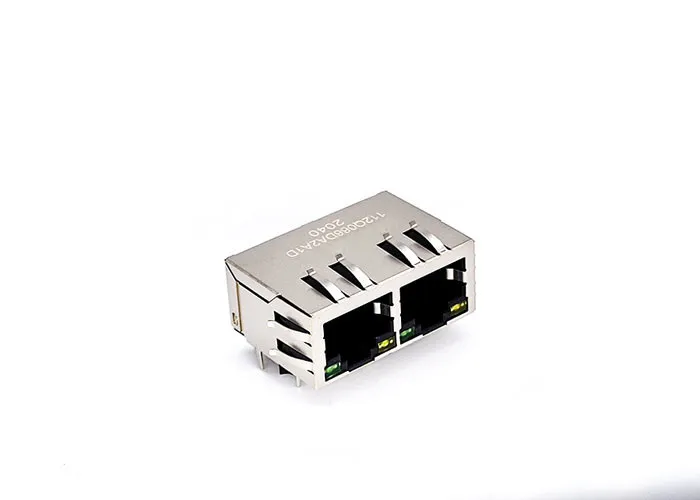How to Choose the Right RJ45 Connector for Industrial IoT
When it comes to deploying Industrial IoT (IIoT) solutions, selecting the right RJ45 connector is crucial for ensuring reliable and efficient communication between devices. With numerous options available, it can be challenging to determine which connector best meets the specific needs of your application. This guide will walk you through key factors to consider when choosing RJ45 connectors for your industrial IoT setup.
- Understand Your Environment
The first step in selecting the right RJ45 connector is to assess the environmental conditions in which it will be used. Industrial settings can expose connectors to harsh elements, such as dust, moisture, and extreme temperatures.
- Environmental Rating: Look for connectors with an IP (Ingress Protection) rating. An IP67 rating, for example, indicates dust-tight protection and the ability to withstand temporary immersion in water, making it suitable for challenging environments.
- Temperature Range: Ensure that the RJ45 connector can operate within the temperature range of your facility. Industrial-grade connectors typically handle a wider range than standard connectors.
- Consider the Required Data Speed
Data transfer speed is another critical factor. Depending on the nature of your IoT application, you may require connectors that support higher speeds.
- Standard Types: RJ45 connectors can support various Ethernet standards, including Fast Ethernet (100 Mbps) and Gigabit Ethernet (1 Gbps). For applications involving video surveillance or real-time data processing, opt for connectors that support Gigabit speeds to ensure smooth operation.
- Evaluate Cable Compatibility
The choice of cable plays a significant role in the overall performance of your network. Ensure that the RJ45 connector you choose is compatible with the type of cable you plan to use.
- Cable Category: RJ45 connectors are often categorized by the type of Ethernet cable they support, such as Cat5e, Cat6, or Cat6a. For most industrial applications, using at least Cat6 cables is recommended to maximize data transfer rates and minimize interference.
- Shielding: If your environment has potential sources of electromagnetic interference (EMI), consider shielded RJ45 connectors that can help protect data integrity.
- Assess Mechanical Durability
In industrial settings, connectors may be subjected to physical stress, including vibrations and impacts. Selecting durable RJ45 connectors will enhance the longevity of your IIoT devices.
- Material Quality: Look for RJ45 connectors made from high-quality materials that can withstand mechanical stress. Connectors with robust housing and strain relief features are ideal for demanding applications.
- Connector Type: Consider using locking connectors or connectors with additional securing mechanisms to prevent accidental disconnections.
- Review Standards Compliance
Ensuring that your RJ45 connectors comply with industry standards is essential for compatibility and reliability.
- Industry Standards: Check for compliance with standards such as IEEE 802.3 for Ethernet. This compliance not only guarantees interoperability among devices but also ensures that your setup adheres to best practices for network performance.
- Certification: Look for RJ45 connectors that have been tested and certified by recognized organizations to ensure they meet required specifications.
- Plan for Future Scalability
As your industrial IoT deployment grows, your connectivity needs may evolve. Selecting the right RJ45 connector with scalability in mind can save you time and resources in the long run.
- Modular Solutions: Consider connectors that allow for easy upgrades or expansion. Modular RJ45 connectors can simplify the process of adding new devices to your network.
- Future-Proofing: Opt for connectors that support higher data speeds and newer Ethernet standards to accommodate future technological advancements.
Conclusion
Choosing the right RJ45 connector for your industrial IoT application is a crucial decision that can significantly impact the performance and reliability of your network. By considering environmental conditions, data speed requirements, cable compatibility, mechanical durability, standards compliance, and future scalability, you can make an informed choice that meets your specific needs. Taking the time to select the appropriate RJ45 connector will ensure that your industrial IoT devices communicate effectively and efficiently, paving the way for a successful implementation.
To find products and services more accurately, please try entering keywords for search.
For more product and service content, please contact us and send an email to sales@dimud.com.
We sincerely look forward to connecting with you!


